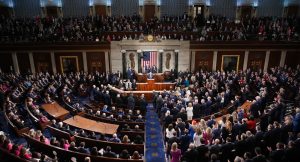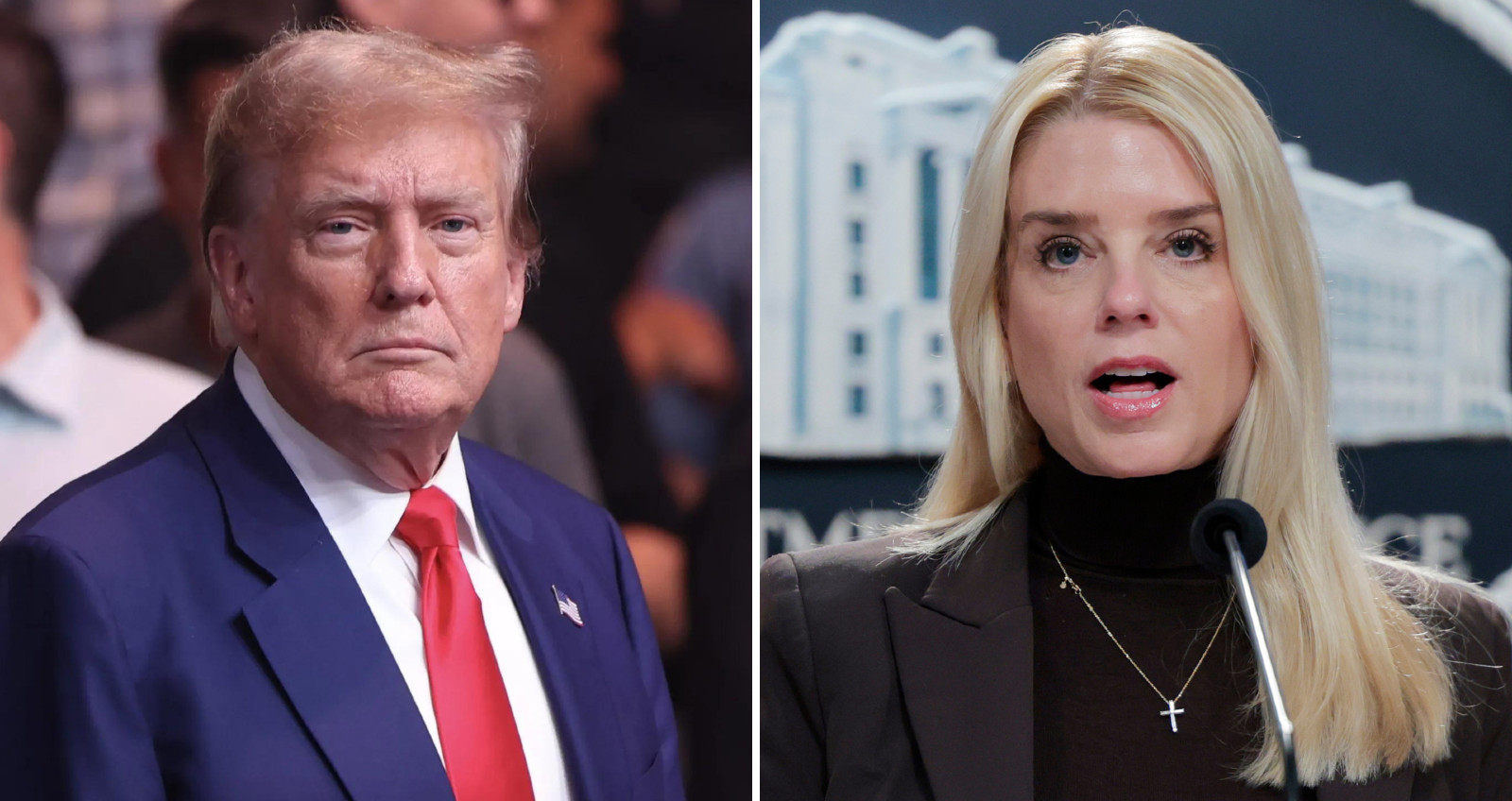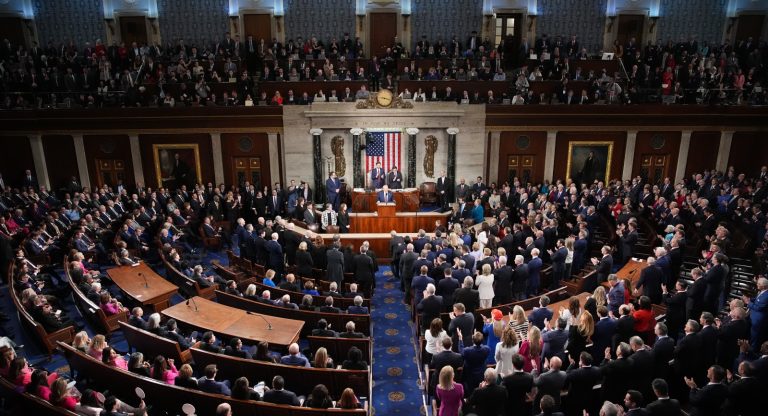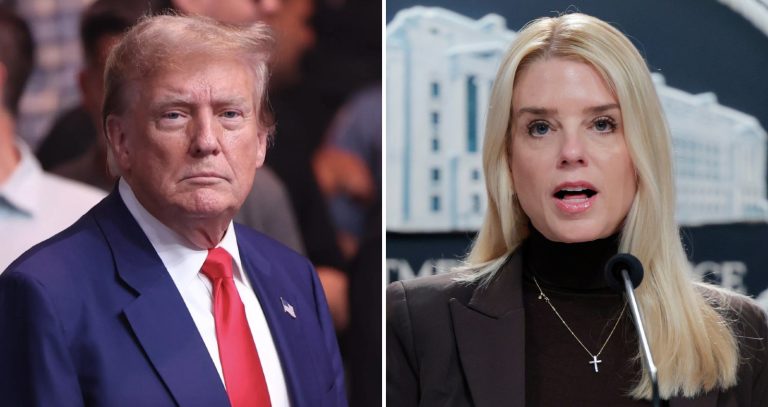State-Secrets Showdown: Deportation Flights, Due Process, and Executive Power
In a rare intra-branch standoff, three senior Trump administration officials—Attorney General Pam Bondi, Secretary of State Marco Rubio, and Homeland Security Secretary Kristi Noem—have jointly invoked the state-secrets privilege to block a federal judge’s demand for deportation flight data. At issue are emergency removals of Venezuelan nationals allegedly tied to the Tren de Aragua gang—actions taken under President Trump’s recent invocation of the Alien Enemies Act of 1798. U.S. District Judge James Boasberg had ordered a halt to the flights and requested detailed passenger and routing information. The administration argues that releasing such data would endanger national security and diplomatic relations.
This dispute raises constitutional and legal questions about executive power, due process, and the limits of judicial review.
1. The Alien Enemies Act and Judicial Pushback
On March 1, 2025, President Trump signed an executive directive ordering the rapid removal of roughly 300 Venezuelan nationals alleged to be part of Tren de Aragua, a group designated a foreign terrorist organization. Relying on the Alien Enemies Act—an 18th-century statute allowing deportation of non-citizens from hostile nations—the administration bypassed traditional immigration proceedings.
In response, detainees filed emergency suits in federal court. On March 15, Judge Boasberg issued a temporary restraining order (TRO) to pause the deportations and assess whether the administration had overstepped legal boundaries. Despite this, two flights departed before the written TRO was filed, prompting the judge to demand full documentation of flight manifests, routes, and diplomatic clearances.
2. The State-Secrets Privilege: Legal Groundwork
The state-secrets privilege allows the executive branch to withhold evidence in legal cases if disclosure would threaten national security. Rooted in the 1953 Supreme Court case United States v. Reynolds, the doctrine requires that:
-
A department head formally claim the privilege;
-
A court assess whether disclosure poses real risks;
-
Courts consider reviewing materials privately (in camera) to validate the claim.
While powerful, the privilege is not unlimited. Courts often require the government to identify specific risks and consider redacted or substitute information.
3. The Administration’s Justifications
Late on March 20, declarations from Bondi, Rubio, and Noem were submitted under seal, formally invoking the privilege.
-
Attorney General Bondi argued that revealing aircraft details and manifests would compromise operational security and enable foreign adversaries or criminal groups to predict or obstruct future deportations.
-
Secretary of State Rubio emphasized that disclosing overflight permissions and diplomatic agreements with third countries would damage sensitive relationships and deter future cooperation.
-
Secretary Noem stressed the safety risks for DHS personnel and detainees if flight planning systems, tail numbers, or escort protocols were revealed.
Each official framed the issue as an urgent national security matter requiring total confidentiality.
4. Judge Boasberg’s Balancing Act
Judge Boasberg responded by ordering the government to submit the contested materials for private judicial review by March 25. In his ruling, he stressed the judiciary’s duty to review executive action, especially when civil liberties are at stake. Citing Reynolds, Boasberg affirmed that courts must weigh national-security risks against the public’s interest in transparency—especially in cases where executive power may exceed legal bounds.
5. Constitutional Clash: Executive Secrecy vs. Judicial Oversight
The administration’s stance rests on two main arguments:
-
The unitary executive theory, which holds that the President has exclusive authority over national-security operations;
-
The Alien Enemies Act, which the administration interprets as granting broad discretion to deport without traditional procedural safeguards.
Opponents argue that such secrecy risks unchecked power. Civil liberties advocates contend that even non-citizens are entitled to due process, and that courts must scrutinize privilege claims rather than accept blanket assertions.
6. Political Fallout and Future Paths
The clash also exposes tensions within the executive branch. While DOJ seeks judicial deference, the State and Homeland Security Departments are driven by diplomatic and operational concerns. Meanwhile, Congress is watching closely. The Senate Judiciary Committee is preparing hearings on the Alien Enemies Act and the limits of state-secrets claims, signaling potential legislative reforms.
Judge Boasberg’s review could lead to several outcomes:
-
He may uphold the privilege and allow redactions, enabling the case to proceed on partial disclosures;
-
He may compel release of basic facts (e.g., number of passengers, general routes) while shielding sensitive content;
-
Or, if the privilege claims are deemed overbroad, the administration may appeal to the D.C. Circuit.







